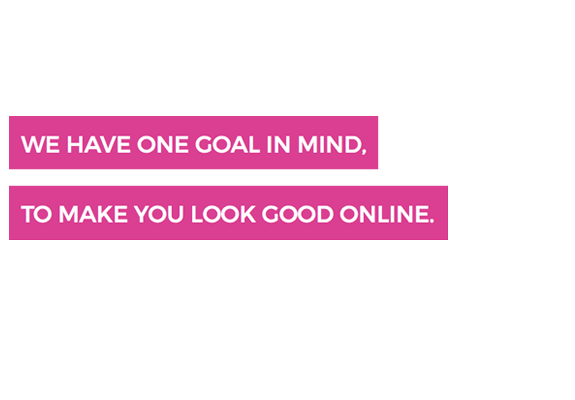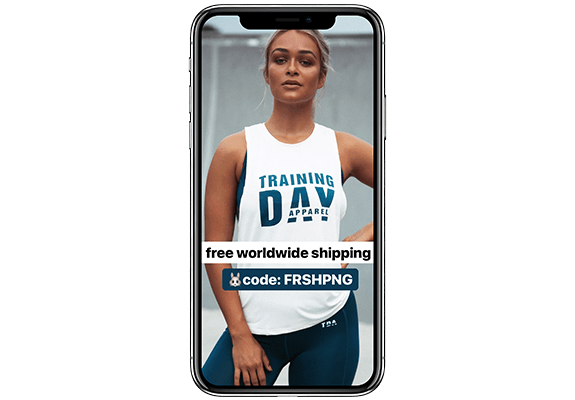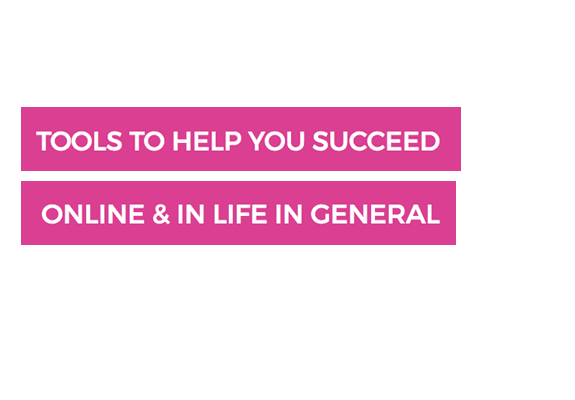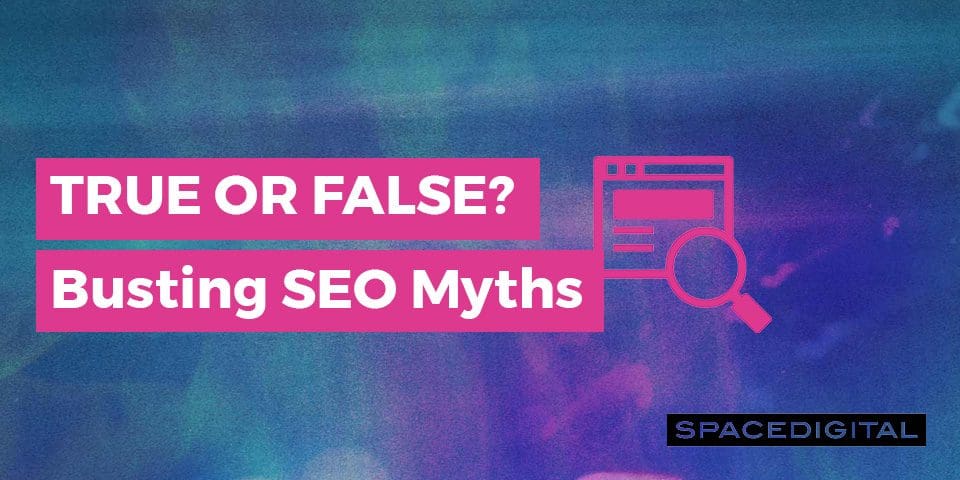If you are someone who is enthusiastic about learning how to grow their business online – you have probably experienced the rollercoaster of emotions that comes along with trying to figure out which marketing strategy is right for your business.
Other business owners are likely pulling you in all different directions based on what has worked for them or what they have heard is the best and latest strategy for online growth.
The truth, however, is that there is no one-size-fits all marketing approach.
What might have worked incredibly well for one business may not work for another and vice versa. And the battle between investing valuable time and money into SEO vs PPC marketing practices (or both) is one that we see far too often.
So let’s dive into exactly what each of these means, which is right for your business and how they can work together to help you turn your website visitors into loyal customers.
SEO vs PPC – what are they?
These acronyms get thrown around a lot in the marketing world, and before we get into which one is right for you, let’s first discuss what each of them actually means.
- SEO stands for search engine optimisation and is the process of optimising your online content and website so that a search engine will show it as one of the top results for a certain keyword.
- PPC stands for pay-per-click and it’s a type of marketing in which people pay a fee each time one of their ads is clicked. And although it can refer to other forms of advertising, Google Ads (formerly Google AdWords) is currently holding strong as the single most popular PPC platform.
The main difference to note between these, is that in order to show up high in search results on Google you can either pay to do so with PPC advertising (Google Ads) or invest a great deal of time into publishing well-researched content on your website on a regular basis (SEO).
SEO vs PPC – which is right for you?
Ideally your strategy would involve both, as combining these marketing efforts can be an incredibly effective way of putting your business in front of your ideal customers right when they’re searching for you.
Take the ad below as an example:
After typing in ‘dentist brisbane’, the ad for BOH Dental pops up in first position on Google due to their effective PPC strategy.
If you were to scrolling down a bit further, you would see that their website also pops up in the organic search results for this keyword.
This is doubling their chance at converting their ideal customers.
We understand, however, that some people may not have the budget required to be paying for PPC advertising as well as publishing regular search engine optimised blog content on your website.
And when it comes to choosing one approach over the other, it often comes down to the type of product or service you offer, where your ideal customers are hanging out online and the level of competition for your search terms.
But one thing to note is that SEO can take several months to show results whereas PPC advertising will put you in front of your ideal customers instantly. If you’re looking to get more advice on which strategy is right for your business – click here to book a free marketing consultation with our experts here.
How do SEO and PPC work together?
Technically speaking, the organic and paid search results work completely separately from one another. Meaning that the website visitors you receive from your Google Ads, unfortunately do not affect your organic rankings.
However, there are a few ways in which running Google Ads will actually help make your free content look better in the eyes of Google:
- If your ideal customers see your ad pop up at the top of the Google search results, it will make them more likely to click on your organic listing further down the page.
- Simple exposure to your brand name and services creates a ripple effect and makes customers more likely to engage and convert through your organic content down the line if they’ve previously seen your paid ad.
- Even though traffic to your website through paid ads does not improve your organic SEO, the actions they take once they’re there might help. If, for example, someone comes to your site through an ad and then shares one of your posts through social media, then this would help with your organic search rankings.
Finally, for either of these, or any other marketing strategies to be effective it’s crucial for you to have a user-friendly, search-friendly and speedy website in place.
An easy way to think about it is like this: if people enjoy spending time on your website, Google will show you to more people by placing you higher in search results. So give your visitors an amazing experience on your website and Google will reward you by putting you in front of more potential customers in its search results!
If you would like to learn more about our SEO, Google Ads or website design and development services – click here to book your free consultation with one of our marketing experts or give us a call on 1300 314 172.

